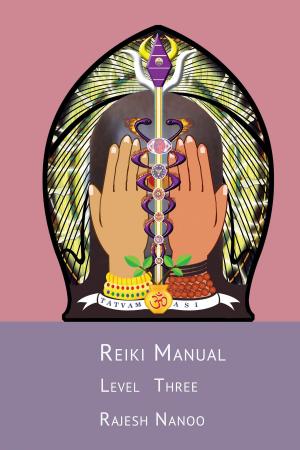Natural Treatments for Lyme Coinfections
Anaplasma, Babesia, and Ehrlichia
Nonfiction, Health & Well Being, Health, Ailments & Diseases, Nervous System & the Brain, Medical, Alternative & Holistic Medicine, Alternative Medicine, Alternative & Holistic Health, Alternative Therapies| Author: | Stephen Harrod Buhner | ISBN: | 9781620552599 |
| Publisher: | Inner Traditions/Bear & Company | Publication: | February 22, 2015 |
| Imprint: | Healing Arts | Language: | English |
| Author: | Stephen Harrod Buhner |
| ISBN: | 9781620552599 |
| Publisher: | Inner Traditions/Bear & Company |
| Publication: | February 22, 2015 |
| Imprint: | Healing Arts |
| Language: | English |
A guide to the natural treatment of three coinfections of Lyme disease
• Reviews the latest scientific research on Babesia, Ehrlichia, and Anaplasma
• Reveals how these three conditions often go undiagnosed, complicate the treatment of Lyme disease, and cause symptoms from headache to seizures
• Outlines effective natural treatments with herbs and supplements for specific symptoms and to combat overreactions of the immune system and the inflammation response
Harvard researchers estimate there are nearly 250,000 new Lyme disease infections each year--only 10 percent of which will be accurately diagnosed. One of the largest factors in misdiagnosis of Lyme is the presence of other tick-borne infections, which mask or aggravate the symptoms of Lyme disease as well as complicate treatment. Three newly emergent Lyme coinfections are Babesia, Ehrlichia, and Anaplasma. Tens of thousands of people are known to be asymptomatically infected and at least ten percent will become symptomatic this year--with symptoms ranging from chronic headache and arthritis to seizures.
Distilling the latest scientific research on Babesia, Ehrlichia, Anaplasma, and Lyme disease, Stephen Buhner examines the complex synergy between these infections and reveals how they can go undiagnosed or resurface after antibiotic treatment. He explains how these organisms create cytokine cascades in the body--essentially sending the immune system into an overblown, uncontrolled inflammatory response in much the same way rheumatoid arthritis or cancer can.
Providing an in-depth guide for those suffering from Babesia, Ehrlichia, or Anaplasma infection as well as for clinicians who work with those infected by these organisms, Buhner details effective natural holistic methods centered on herbs and supplements, such as Ashwaganda and Chinese Skullcap, and reveals how to treat specific symptoms, interrupt the cytokine cascades, reduce inflammation, and bring the immune system back into balance. He explains how these natural methods not only complement conventional Lyme disease treatments involving antibiotics and other pharmaceuticals but also provide relief when other forms of treatment have failed.
A guide to the natural treatment of three coinfections of Lyme disease
• Reviews the latest scientific research on Babesia, Ehrlichia, and Anaplasma
• Reveals how these three conditions often go undiagnosed, complicate the treatment of Lyme disease, and cause symptoms from headache to seizures
• Outlines effective natural treatments with herbs and supplements for specific symptoms and to combat overreactions of the immune system and the inflammation response
Harvard researchers estimate there are nearly 250,000 new Lyme disease infections each year--only 10 percent of which will be accurately diagnosed. One of the largest factors in misdiagnosis of Lyme is the presence of other tick-borne infections, which mask or aggravate the symptoms of Lyme disease as well as complicate treatment. Three newly emergent Lyme coinfections are Babesia, Ehrlichia, and Anaplasma. Tens of thousands of people are known to be asymptomatically infected and at least ten percent will become symptomatic this year--with symptoms ranging from chronic headache and arthritis to seizures.
Distilling the latest scientific research on Babesia, Ehrlichia, Anaplasma, and Lyme disease, Stephen Buhner examines the complex synergy between these infections and reveals how they can go undiagnosed or resurface after antibiotic treatment. He explains how these organisms create cytokine cascades in the body--essentially sending the immune system into an overblown, uncontrolled inflammatory response in much the same way rheumatoid arthritis or cancer can.
Providing an in-depth guide for those suffering from Babesia, Ehrlichia, or Anaplasma infection as well as for clinicians who work with those infected by these organisms, Buhner details effective natural holistic methods centered on herbs and supplements, such as Ashwaganda and Chinese Skullcap, and reveals how to treat specific symptoms, interrupt the cytokine cascades, reduce inflammation, and bring the immune system back into balance. He explains how these natural methods not only complement conventional Lyme disease treatments involving antibiotics and other pharmaceuticals but also provide relief when other forms of treatment have failed.















